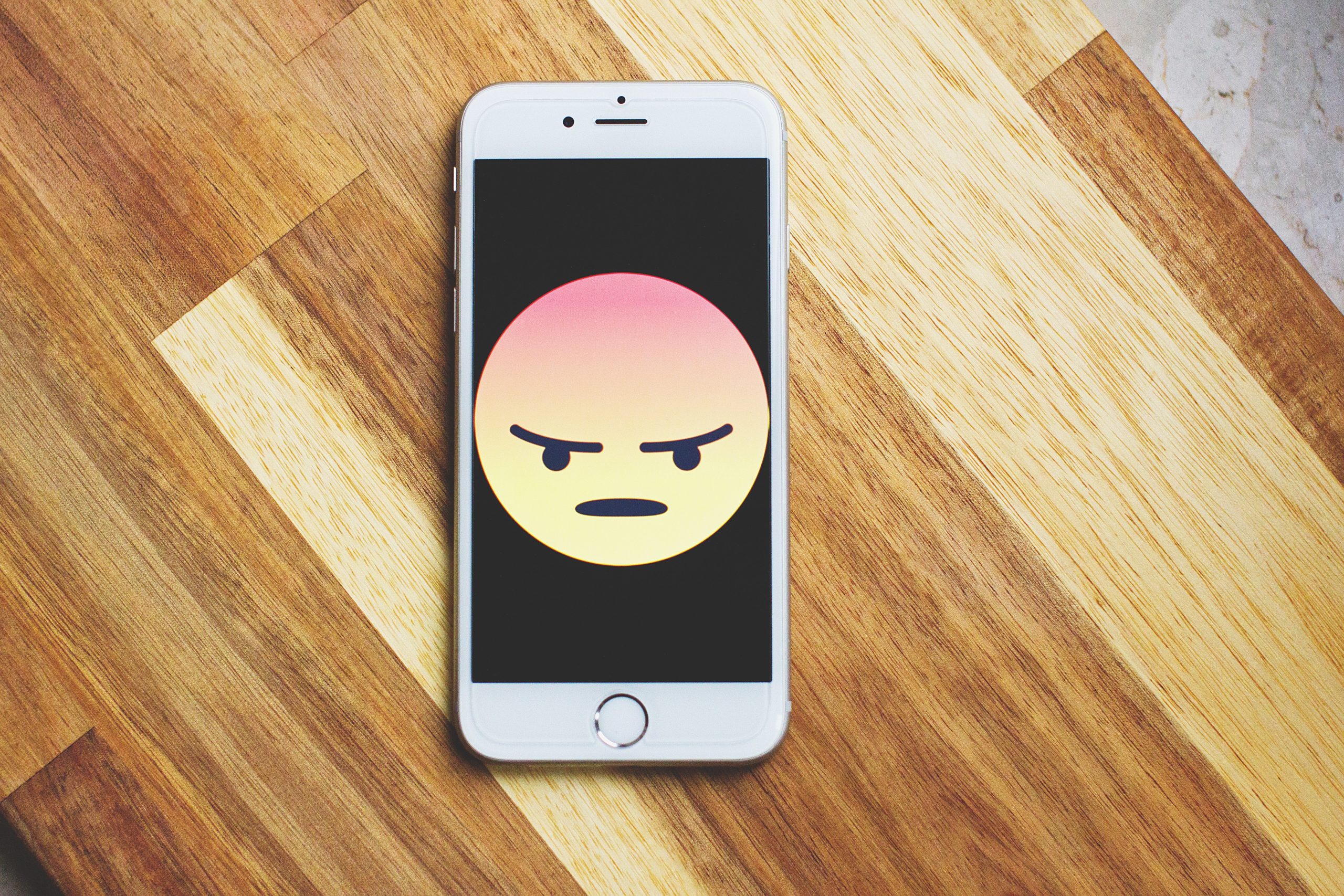When it comes to anger issues, we tend to think of movies where two people get into an argument that ends with someone’s fist through a door. Although symptoms of anger issues can be physical, someone’s inability to contain their rage in real life can be complex and more difficult to identify. Recognizing when reactions to aggravating situations are inappropriate and addressing them will improve your health and strengthen your relationships.
Rashawnda Carey, a therapist licensed in Florida and Georgia, says that anger is a natural and necessary human emotion. Suppressing anger entirely can do more harm than good, but the emotion should be used in moderation. Excessive and prolonged anger are not conducive to health and happiness. Pouring a cup of coffee over your significant other’s head because they got your oder wrong or holding a decade-long grudge because your friend didn’t show up to your birthday party are not logical or appropriate responses. According to Carey, passive aggressive, sarcastic and downright mean comments like this may be a sign that you have an anger problem.
Understandably, Carey says it may be hard to self-diagnose yourself with anger issues. Some people with anger problems attempt to make themselves feel better by placing blame on others who, to an outside observer haven’t done anything wrong. Engaging in easy, distracting and harmful activities, like becoming reliant on drugs and avoiding school may be another indication of a potential anger problem.
Like running a race, curving negative thoughts and behaviors is more mental than physical. Once you have come to terms with you anger issues, the next step isn’t to stop being angry. Instead, it involves training yourself to recognize your triggers and stop and think when you begin to feel yourself losing control. Thinking yourself out of a spiraling rage seems unrealistic, but the mind is a powerful too. According to Mayo Clinic, you should remove yourself from the situation that could prompt an unsuitable show of anger. Giving yourself time to breathe and digest what is going on allows you to revisit the situation with a level of anger that is better suited for what is actually going on. Exercising can also be used as an outlet to tackle unhealthy anger levels. Going for a run or hitting a punching bag will release feel-good endorphins that won’t hurt you or anyone else.
When it comes to combatting the issue of unjustly placing blame on others, Mayo Clinic also suggests changing your phrasing. What does that mean? Take other people out of the equation. Instead of saying what other people are doing wrong, tell them how their actions have impacted you. Putting the emphasis on yourself instead of others will spare hurt feelings over issues that aren’t important in the big picture.
Although these methods of identifying and combatting anger issues can be helpful, this advice does not replace that of your doctor. Always consult your healthcare provider before attempting to diagnose or treat possible anger issues.
Related articles:
Ted Talks: Time To Flex And Stretch
What Is Wabi Sabi: Embracing Imperfection
How To Make Your Home A Happier Place
Participate In The 2020 Virtual Home For The Holidays Adoption Event

